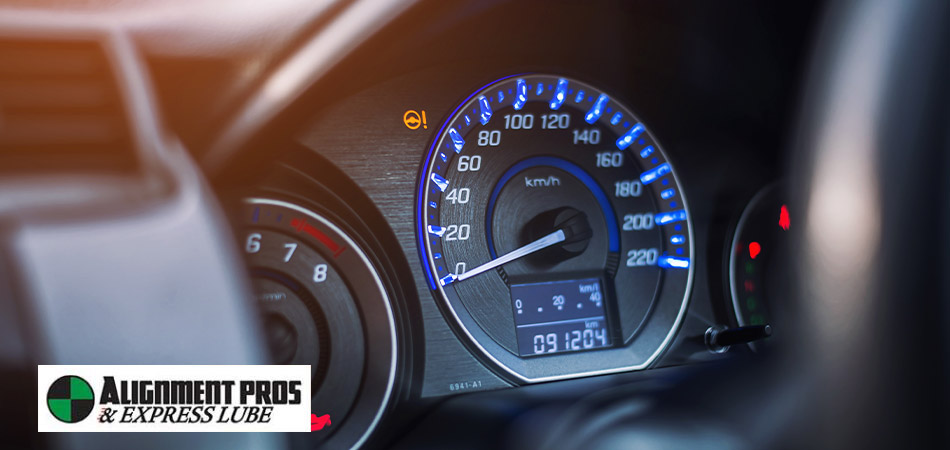
It’d be nice if your car would run as well from day one until it’s finally time to sell it, but unfortunately, that’s not how it works. All vehicles require maintenance, and you need to keep up with your car maintenance to ensure it lasts for as long as possible and to reduce your fuel costs.
It doesn’t hurt to bring your car in for yearly inspections, but mechanics also recommend maintenance at the following mileage intervals to help you get the most out of your vehicle:
- 3,000 miles: The old rule of thumb was to bring your vehicle in every 3,000 miles for an oil change, but that might not be necessary if you use a higher-end synthetic motor oil. Even if your car doesn’t need new oil, it doesn’t hurt to stop in every 3,000 miles to get your fluids checked and topped off.
- 5,000 miles: The 5,000-mile mark is definitely time for an oil change, especially if it’s heading into the winter or summer months. Opt for a thicker oil in the summer months and a thinner oil in the colder months to ensure you get the best performance under the hood.
- 10,000 miles: You should have your tires rotated every 10,000 miles or so. Rotating your tires ensures even tire wear, reducing the chance of a tire blowout while prolonging the rubber’s lifespan. This is also a good time for front-end alignment to ensure the tires are nice and straight.
- 36,000 miles: Your manufacturer’s “bumper-to-bumper” warranty typically expires after 36,000 miles, so be sure to bring your vehicle to a mechanic to have all of the covered systems inspected. These may include everything from the suspension to the car radio. Now is also a good time to have your brakes inspected and possibly replaced.
- 50,000 miles: The 50,000-mile mark is a special milestone for car maintenance. Many components in the exhaust system and suspension often need to be swapped out around this time. Additionally, you need to get a new fuel filter and replace your transmission fluid.
- 60,000 miles: If they weren’t replaced 10,000 miles ago, you might need new belts, valves and hoses at around 60,000 miles. This is also a good time to get new spark plugs and a new set of tires.
- 100,000 miles: At 100,000 miles, you now own a “high-mileage” vehicle. You need to replace your spark plugs and all fluids with products designed for high-mileage cars. Doing so helps ensure your car lasts for many more years.
- 125,000 miles: By following all high-mileage guidelines, you can expect your car to cruise right into the 125,000-mile mark and beyond. At this time, you should replace the oxygen sensors, AC compressor and belt tensioner. Now’s also a good time to replace the coolant, brake fluid, shocks, struts and any other parts as needed.
Visit our pros today
Whether you need to bring your car in for its first oil change or you have an older vehicle that needs a front-end alignment, trust our team at Alignment Pros and Express Lube to tackle the job. With over 30 years of industry experience, you can trust that your car is in good hands with us.
